The 16th Arab Steel Summit, a prestigious gathering of industry leaders, policymakers, and experts in the field of steel production, has called for the establishment of an alternative Arab regional market to navigate the challenges posed by stringent global environmental regulations.
In a recent meeting held in Cairo, key stakeholders from across the Arab world came together to address the growing environmental restrictions affecting the steel industry. The participants emphasized the need for a unified approach to overcome these challenges while fostering economic growth and sustainability.
The global steel industry is facing increasing pressure to reduce its environmental impact and embrace greener technologies. With many countries enforcing stricter emission standards and environmental regulations, Arab steel manufacturers have recognized the necessity of adapting to this new reality.
The Secretary General of the Arab Iron and Steel Union, Dr. Kamel Djoudi, a representative of the Arab Steel Summit, underscored the urgency of the situation, stating, "The steel industry is undergoing a transformative period, where environmental considerations are at the forefront of global policies. To remain competitive and sustainable, it's crucial for the Arab steel sector to adapt proactively. We are committed to working together to deal with these challenges and turn them into opportunities for development and integration between us in order to achieve our ability to create an alternative Arab regional market that meets the ambitions of all Arab steel companies in light of the global regional blocs we are witnessing."
The proposed alternative Arab regional market would aim to provide a collaborative platform for Arab nations to exchange expertise, technologies, and best practices, enabling the industry to adhere to global environmental standards while maintaining competitiveness in the market.
The summit attendees discussed several key objectives, including:
Collaborative Research and Development: Encouraging Arab countries to pool resources for research and development efforts focused on environmentally friendly steel production technologies.
Standardization and Certification: Establishing common industry standards and certifications to streamline compliance with international environmental regulations.
Market Expansion: Promoting Arab steel products in global markets by emphasizing their compliance with environmental requirements and encouraging sustainable practices.
Resource Optimization: Sharing strategies to optimize the use of raw materials and energy to reduce carbon footprints.
By joining forces, Arab steel-producing nations aim to foster sustainability, enhance their competitiveness, and contribute to a greener, more environmentally responsible future for the steel industry.


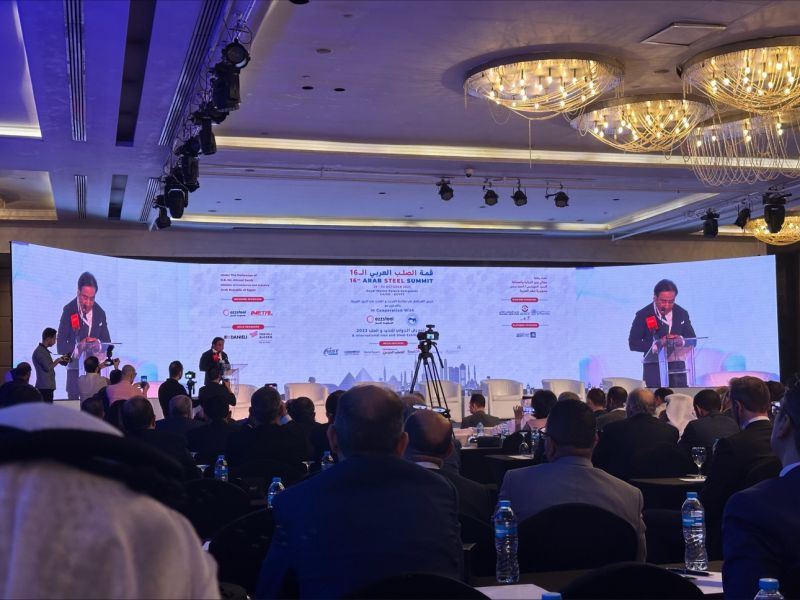

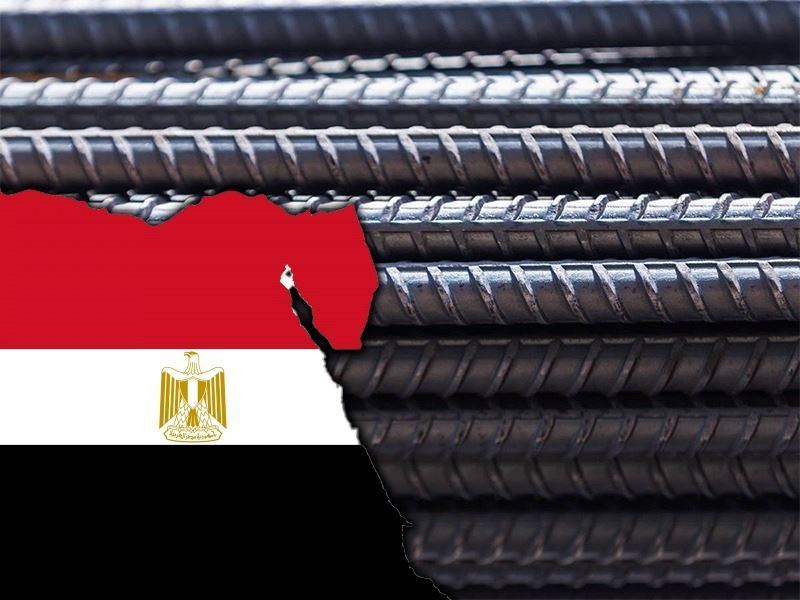
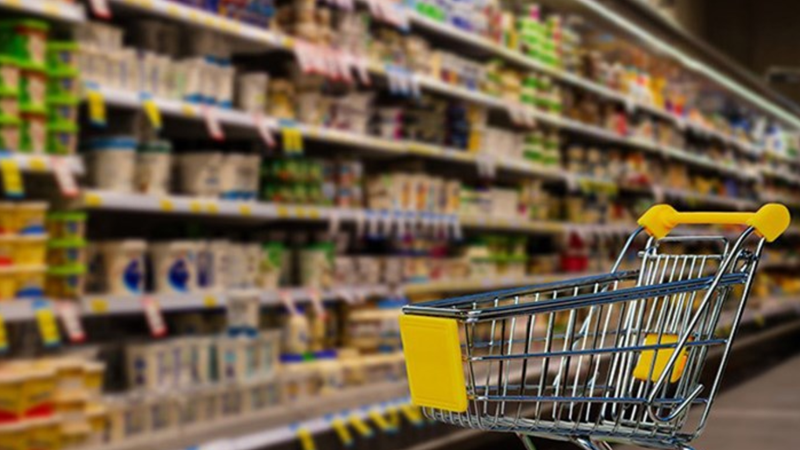
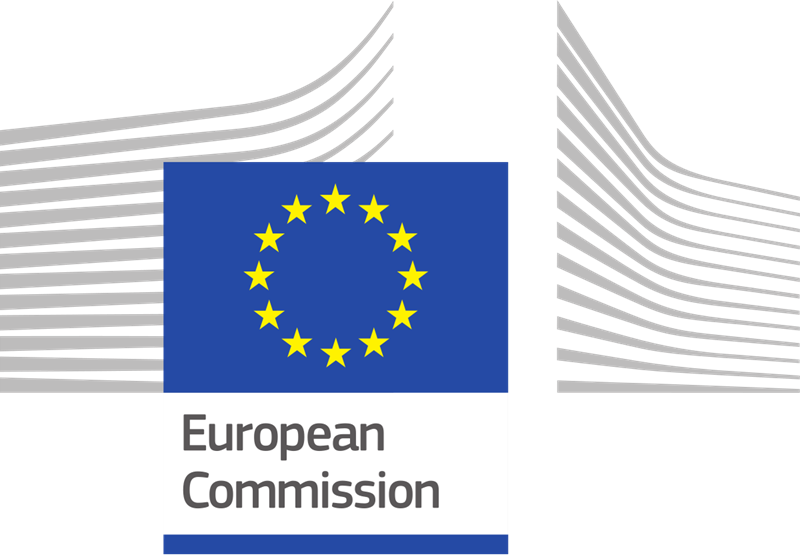
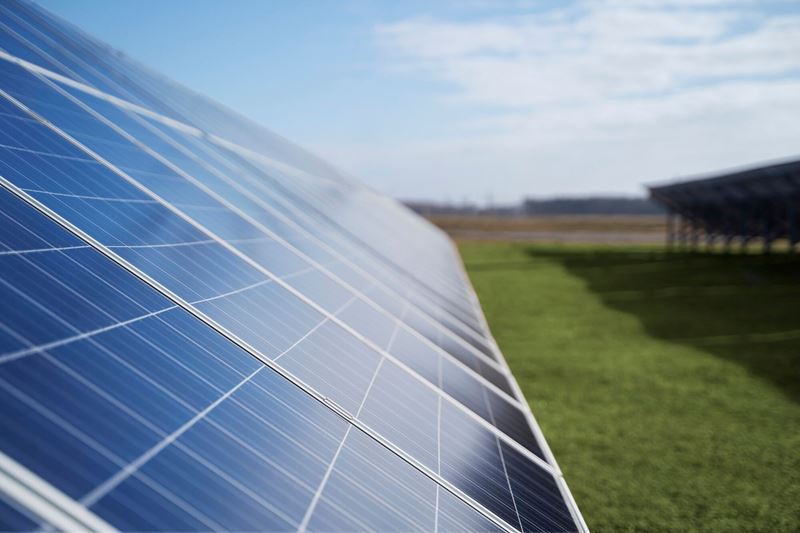
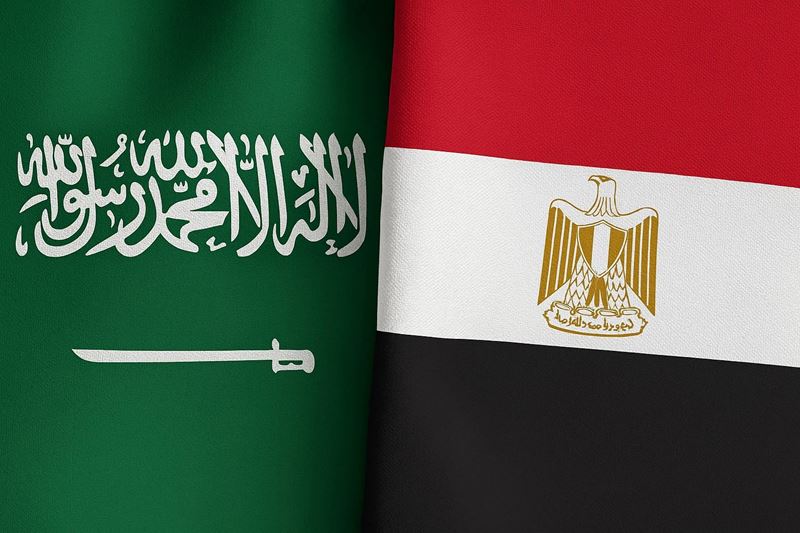


Comments
No comment yet.